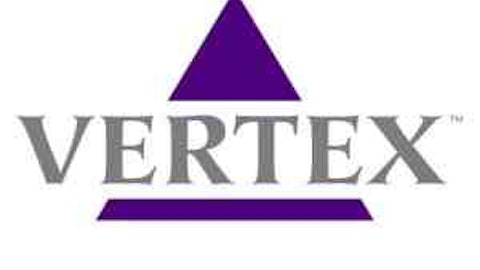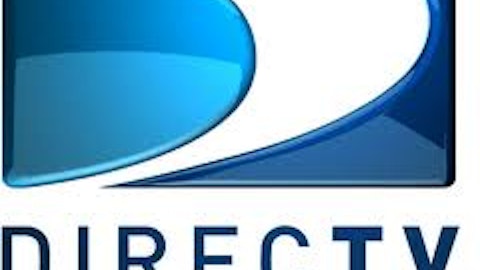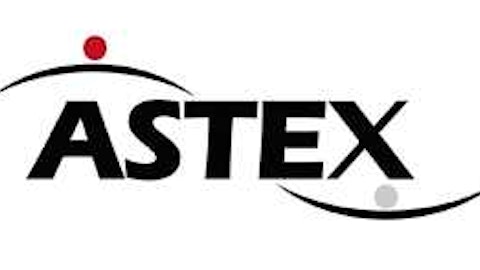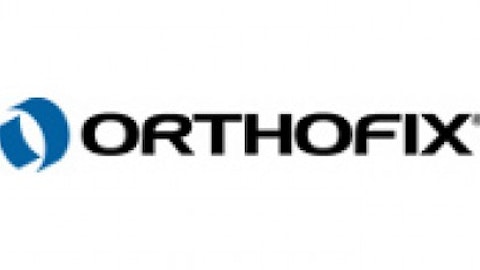Shares of Rockwell Medical Inc (NASDAQ:RMTI) soared recently, after the dialysis treatment company announced positive results regarding a study of its iron replacement drug, soluble ferric pyrophosphate (SFP), also known as Triferic. Triferic is an iron replacement therapy for chronic disease patients on dialysis, and is administered via the fluid used in dialysis. The reason for this optimism is that if Triferic is approved, it will replace the standard intravenous iron therapies that are known for causing allergic reactions.
Solid foundations in the dialysis business
Rockwell Medical Inc (NASDAQ:RMTI) sells one main product, dialysate, which detoxifies the blood and replaces nutrients during dialysis. Although Rockwell Medical Inc (NASDAQ:RMTI)’s dialysate is a low-margin product, it’s a necessary one with a growing market share. The company also manufactures hemodialysis concentrate solutions and dialysis kits globally. Hemodialysis is used to replicate kidney function in patients with failing kidneys in end stage renal disease, or ESRD.
Since dialysate is needed in dialysis clinics worldwide, Rockwell Medical Inc (NASDAQ:RMTI)’s existing customer base is a solid foundation for the company to build its dialysis business upon. Rockwell Medical Inc (NASDAQ:RMTI)’s two developmental dialysis products are calcitriol and Triferic. Calcitriol, or vitamin D, is produced by the kidneys, which are treated by dialysis — replacing it is necessary for maintaining normal calcium levels in the body. Calcitriol is expected to be approved by the end of the year. Triferic, on the other hand, replaces iron, which the body needs to produce red blood cells, and is administered directly in the dialysate.
If Triferic is approved, it could generate peak annual sales between $150 million to $250 million for Rockwell Medical Inc (NASDAQ:RMTI) — a shot in the arm for the company that generated only $49.8 million in 2012 sales. Moreover, research and development costs — which stood at $50 million last quarter — could fall by half once the Triferic trial ends, according to Sio Capital’s Michael Castor.
Although dialysate generates stable revenue for Rockwell, while calcitriol and Triferic offer new sources of growth, the company’s real strength lies in bundling all of its treatments together to clinics.
The looming threat of Medicare cuts
While Rockwell’s competitive edge is sharp, it could face upcoming losses if the Centers for Medicare and Medicaid Services, or CMS, go through with their plans to cut funding for life-sustaining dialysis treatments by 9.4%, or roughly $970 million, in 2014. 85% of dialysis patients in the United States depend on Medicare’s benefit to pay for their treatments, and if the cut takes effect, then reimbursement per dialysis treatment will be reduced from $240 to $216.
That threat has sunk bigger dialysis-related stocks across the board. Shares of DaVita HealthCare Partners Inc (NYSE:DVA) and Fresenius Medical Care AG & Co. (ADR) (NYSE:FMS), two of the largest dialysis treatment companies in the world, have respectively fallen 12% and 7% over the past three months.
DaVita HealthCare Partners Inc (NYSE:DVA) controls 33% of the U.S. dialysis market, while Fresenius controls 37%. The Medicare cut could come down much harder on DaVita HealthCare Partners Inc (NYSE:DVA), which is primarily based in the U.S., than Fresenius, which has more diversified global operations. Rockwell currently has supply relationships with both companies. DaVita HealthCare Partners Inc (NYSE:DVA) and Fresenius Medical Care AG & Co. (ADR) (NYSE:FMS) are also collaborating with Rockwell in its phase 3 Triferic studies.






